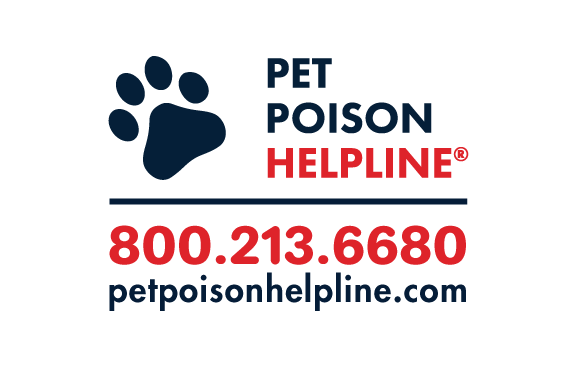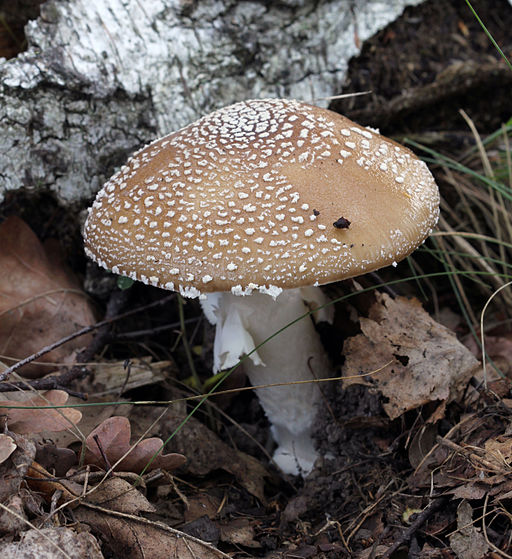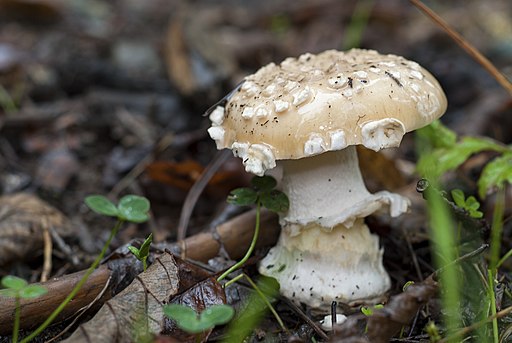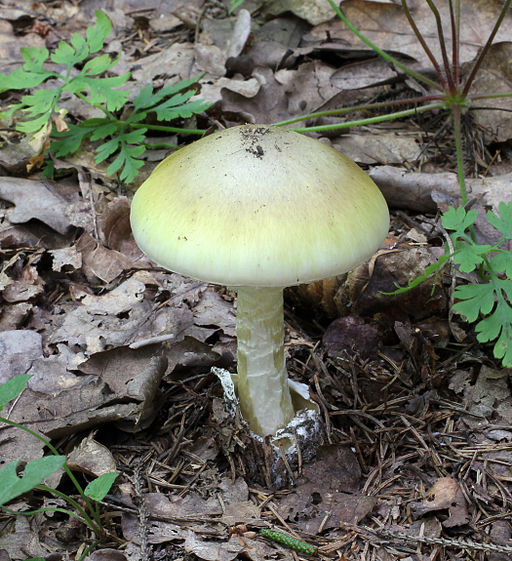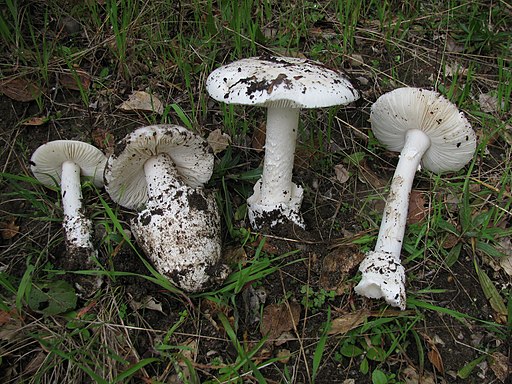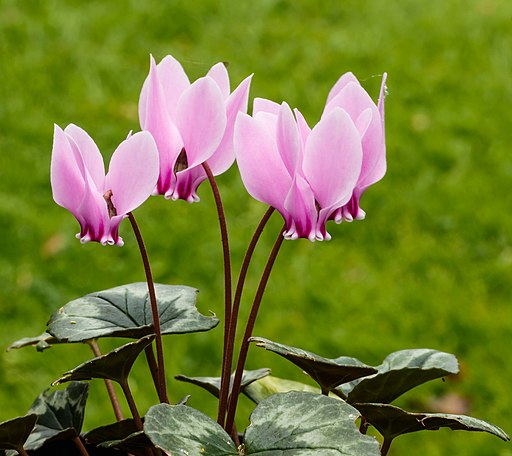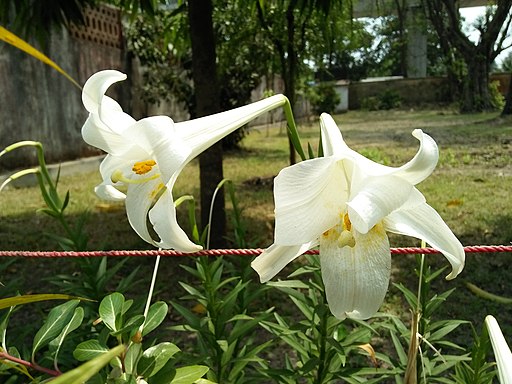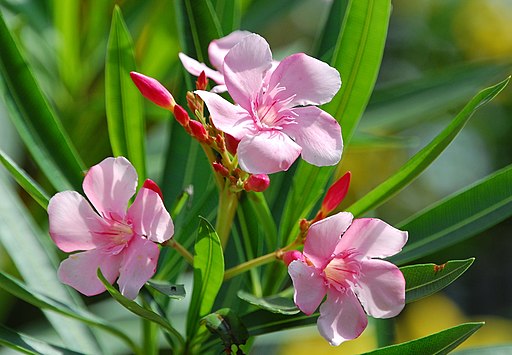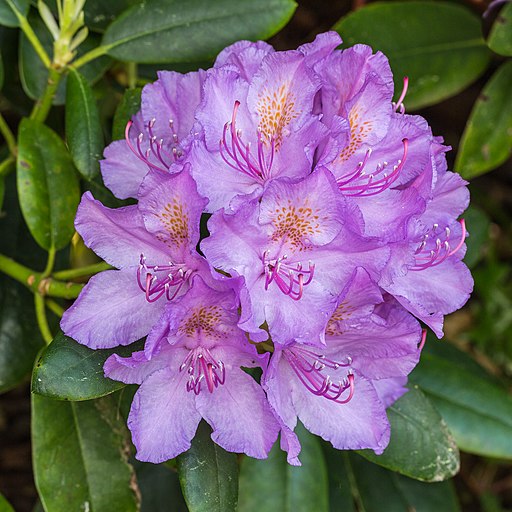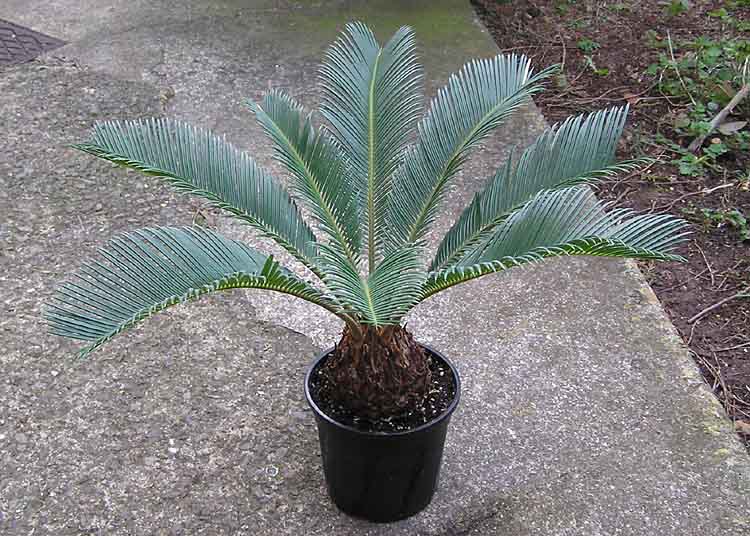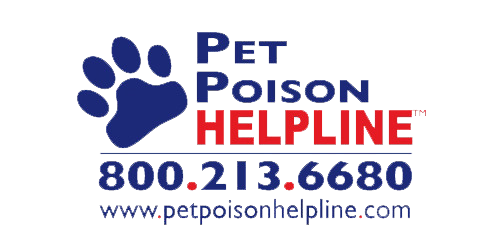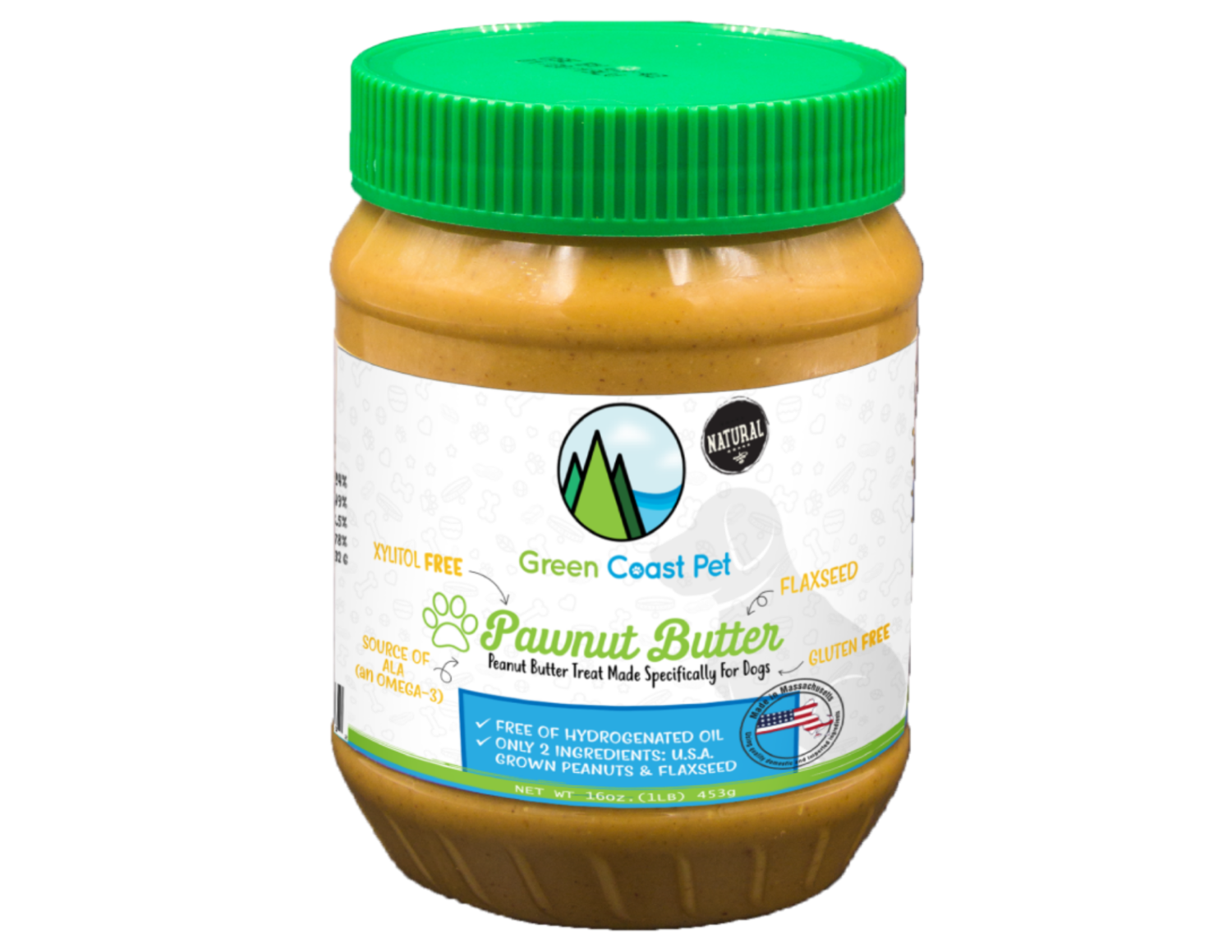5 Items In Your Kitchen That Are Poisonous To Dogs
5 Items In Your Kitchen That Are Poisonous To Dogs
When sitting down to write about items in your kitchen that are poisonous to dogs, I stood in the middle of mine and took an inventory. There are a lot of things that are found in our kitchens that are poisonous but how often do you really have cherries in your kitchen? They’re probably not a staple. Here are 5 items in your kitchen that are poisonous to dogs that I keep on hand.
Minced Garlic

It’s easier than pressing my own garlic but extremely toxic to dogs. It does take more than a single piece of minced garlic to be toxic but studies have found that 15 to 30g of garlic per 1 kilogram (that’s a little over 2lbs) of body weight is enough to be toxic. Garlic toxicity can cause vomiting, diarrhea, abdominal pain, and dehydration. On a more extreme end it can cause damage to red blood cells, resulting in hemolytic anemia.
Bowl of Chocolate Candy

Reece’s Cups are delicious to humans but not to dogs. Chocolate in large amounts can be deadly to pets. Some chocolate candy that contains peanut butter may also contain xylitol which is equally as deadly. The darker the chocolate the worse it is for your pets to have. Dark chocolate contains higher levels of theobromine which dogs cannot metabolize effectively.
Alcohol

You may have some bottles of alcohol in your kitchen if you enjoy a drink every now and then, or if you cook with it. Grapes are also extremely toxic to dogs. Even one grape can be enough to be fatal by potentially causing sudden kidney failure. While we don’t know exactly why grapes (and raisins) are so toxic to dogs they should never be given to a dog.
Caffeinated Drinks

This isn’t just limited to soda but coffee and caffeinated teas. You’d be shocked about how many things actually contain caffeine. If you ever spill anything that contains caffeine make sure to clean it up right away. Bonus Fact: Cleaning up soda ASAP is important to help prevent ants. Ants are not only annoying but they can carry a variety of diseases with them and they can get into tiny spaces – like dog food containers.
Medications

I keep my medications in a medicine cabinet in the kitchen. Why do I keep medications in there? So they’re in a centralized source that doesn’t require having to get them from the bathroom. It’s very handy when you need a Tylenol and somebody is taking an hour-long shower. Highly recommend. If you too have a medicine cabinet in your kitchen make sure it’s one of your higher cabinets. Keep medications in their original packaging. Original packaging is usually child-proof and subsequently slightly more dog proof. If you can’t keep it in its original packaging put it in a secure container on a higher shelf.

What to do if you suspect your pet has gotten into something they shouldn’t.
Seek emergency veterinary care immediately if you suspect your pet has been poisoned or if you have seen them getting into something that they shouldn’t. It’s always better to take them to the vet and be told that they didn’t ingest anything rather than waiting and it being too late.
What of these common kitchen items do you have in your kitchen? Are there any big ones we missed? Let us know in the comments. We’d love to hear your thoughts.






